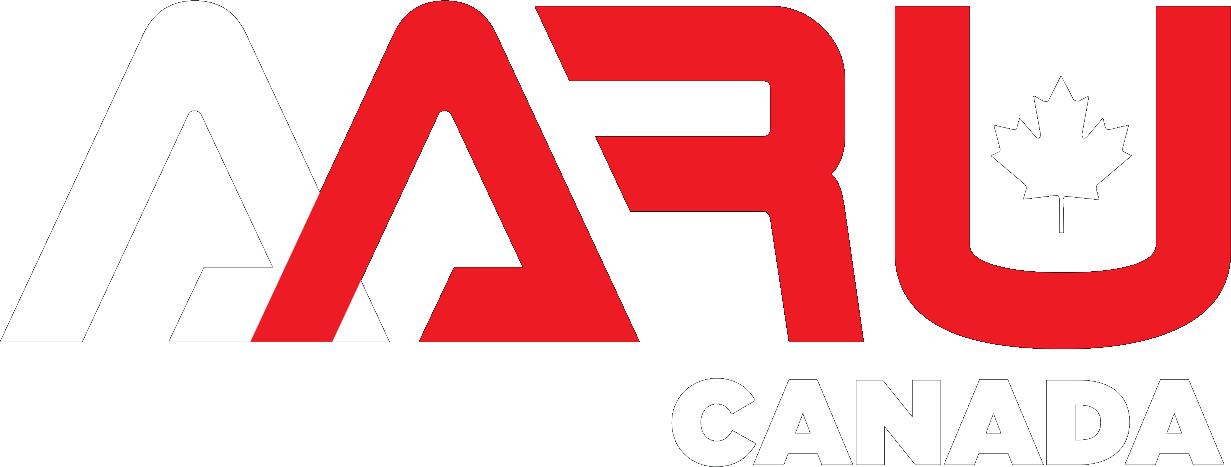10 Easy SEO Tips to Improve Your Website’s Visibility
In today’s digital landscape, having a strong online presence is essential for the success of any business. One key aspect of establishing that presence is ensuring that your website is visible to potential customers through search engines. Search Engine Optimization (SEO) plays a crucial role in improving your website’s visibility and attracting organic traffic. In this article, we will share ten easy SEO tips that will enhance your website’s visibility and help you outrank your competitors. These tips are backed by industry experts and will empower you to take control of your website’s SEO strategy.
Conduct Keyword Research
Keyword research forms the foundation of a successful SEO strategy. Start by identifying the keywords and phrases that your target audience is likely to use when searching for products or services you offer. Utilize keyword research tools like Google Keyword Planner, SEMrush, or Moz to identify relevant keywords with high search volume and low competition. Incorporate these keywords naturally throughout your website content to optimize it for search engines.
Optimize Meta Tags and Descriptions
Meta tags, including title tags and meta descriptions, are crucial for search engine crawlers to understand the content of your web pages. Ensure that each page on your website has a unique and descriptive title tag that accurately represents the content. Craft compelling meta descriptions that entice users to click on your link in search results. Use relevant keywords in both the title tags and meta descriptions to improve your website’s visibility.
Create High-Quality and Engaging Content
Content is king in the world of SEO. Develop informative and engaging content that provides value to your audience. Use your target keywords strategically within your content while maintaining its natural flow. Focus on creating longer-form content (1,500+ words) that thoroughly covers a topic. This tends to perform better in search engine rankings and attracts more organic traffic. Remember to include headings, subheadings, and bullet points to improve readability and enhance the user experience.
Build Quality Backlinks
Backlinks, or inbound links, are links from other websites that point to your site. They are a crucial factor in determining your website’s authority and visibility in search results. Focus on acquiring high-quality backlinks from reputable websites within your industry. Guest posting, reaching out to influencers or bloggers for collaborations, and creating valuable content that others naturally want to link to are effective strategies for building backlinks. Remember, the quality of backlinks matters more than the quantity.
Optimize Website Loading Speed
Website loading speed is not only important for user experience but also for SEO. A slow-loading website can lead to higher bounce rates and lower search engine rankings. Optimize your website’s loading speed by compressing images, minimizing server response time, and leveraging browser caching. Use tools like Google PageSpeed Insights to identify and address any performance issues that may be slowing down your website.
Ensure Mobile Responsiveness
With the increasing use of mobile devices, optimizing your website for mobile is critical. Google prioritizes mobile-friendly websites in search rankings. Ensure that your website is responsive and adapts seamlessly to different screen sizes. Use responsive design techniques and test your website’s mobile-friendliness using Google’s Mobile-Friendly Test tool.
Utilize Schema Markup
Schema markup is a code that you can add to your website to provide search engines with additional information about your content. It helps search engines understand the context of your content, resulting in enhanced search result listings. Implement schema markup for important elements such as reviews, ratings, addresses, events, and FAQs. This will make your search results more visually appealing and informative, increasing the chances of attracting clicks.
Optimize Images for SEO
Images play a vital role in enhancing the visual appeal of your website. However, they can also impact loading speed if not optimized properly. Compress images to reduce file sizes without compromising quality. Rename image files with descriptive keywords before uploading them to your website. Additionally, use alt tags to provide alternative text descriptions for visually impaired users and improve your website’s accessibility.
Leverage Social Media
While social media signals themselves may not have a direct impact on search engine rankings, they can indirectly influence your website’s visibility. Engage with your audience on social media platforms, share your content, and encourage social sharing. Increased visibility and social signals can lead to more backlinks and referral traffic, ultimately improving your website’s overall SEO performance.
Monitor and Analyze Your SEO Efforts
Regularly monitor and analyze the performance of your SEO efforts using tools like Google Analytics and Google Search Console. Monitor your website’s organic traffic, keyword rankings, bounce rates, and other relevant metrics. Identify areas for improvement, adjust your SEO strategies accordingly, and stay updated with the latest SEO trends and algorithm changes.
In conclusion, by implementing these ten easy SEO tips, you can enhance your website’s visibility, attract more organic traffic, and outperform your competitors in search engine rankings. Remember to regularly monitor your SEO efforts, adapt to changes in the digital landscape, and consistently provide valuable content to your audience. By doing so, you’ll establish yourself as a trusted authority in your industry and drive sustainable growth for your business.
References & Resources






